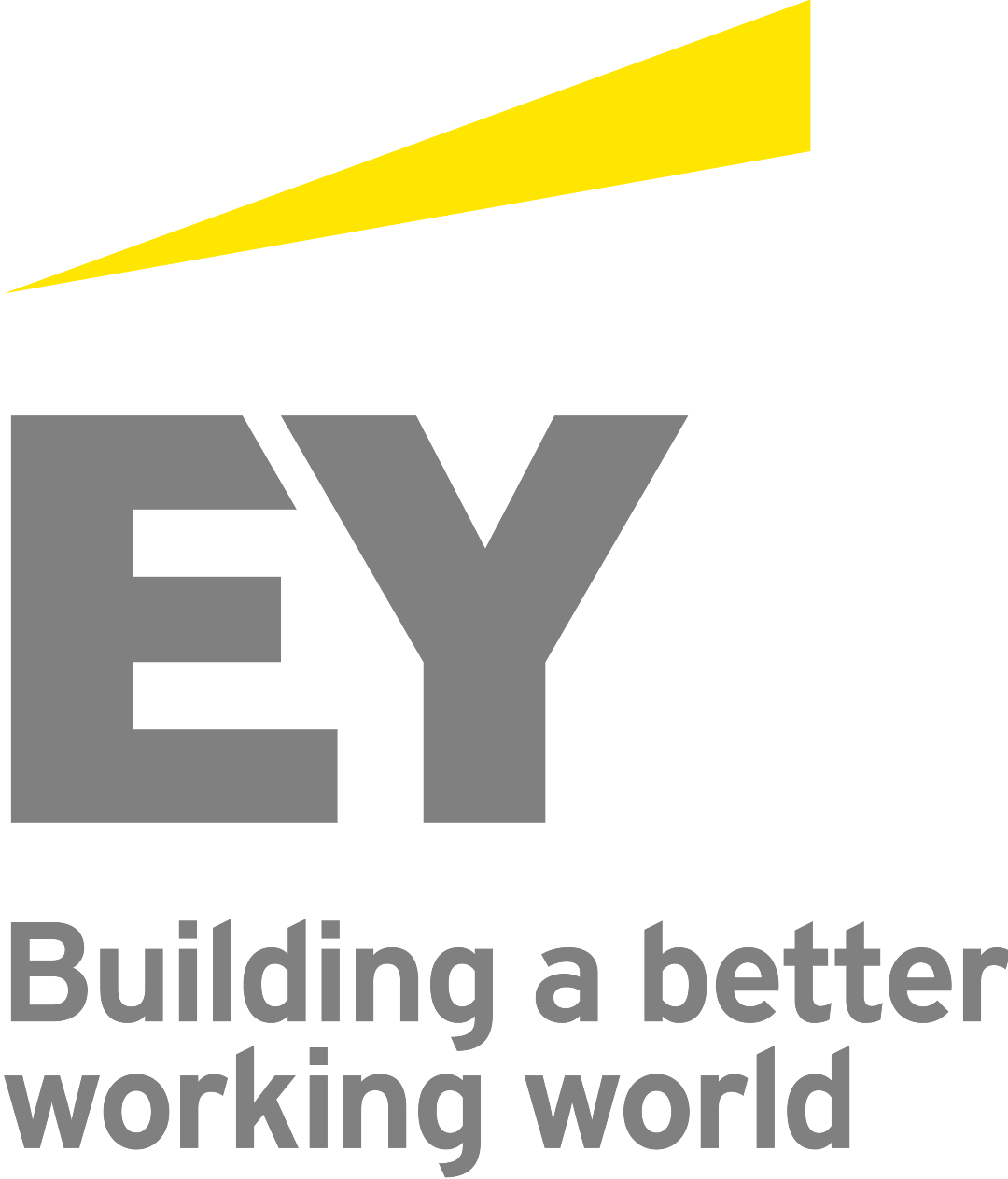Play-based regulation could change the face of energy regulation, says EY
Potential benefits welcome as companies deal with low oil prices
CALGARY, Jan. 13, 2015 /CNW/ - As lower oil prices continue to put pressure on the energy industry, a new EY report finds that play-based regulation (PBR) — an innovative approach to regulating Alberta's oil and gas industry — has the potential to create numerous benefits for multiple stakeholders including industry, regulators and the public.
"Advances in technology have expanded oil and gas companies' ability to exploit unconventional oil and gas plays in recent years," says Lance Mortlock, strategy partner with EY's Canadian Oil & Gas practice. "But the current regulatory framework does not effectively take into account the cumulative impacts of this type of development — nor does it efficiently address the risks introduced when leveraging these technological advances."
EY's report, Alberta's oil and gas sector regulatory paradigm shift outlines potential benefits of PBR, such as improved regulatory effectiveness and reduced burden, enabling a broader view of cumulative effects of development within an area, optimized facility development, increased ability to capture technology changes and potentially shorter development cycles.
"The Alberta Energy Regulator (AER) is piloting a new PBR system in the province now, with keen interest from other regulators," says Mortlock. "Especially as companies deal with the current lower oil price environment, it's a welcome example of enabling innovation that could change the face of regulation in the future both here in Alberta and beyond."
Mortlock explains that under the ideal PBR scenario, the regulation would help enable growth, while ensuring the efficient development of resources and minimizing the environmental footprint.
"By facilitating things like increased collaboration between industry players, for example, individual operators can potentially minimize their costs and environmental impact through more focused and optimized development," he says.
The report notes, however, that successful implementation will depend on the AER and industry continuing to fully engage with the multiple stakeholders and refining the process from the feedback received.
"When we talked to industry stakeholders about PBR, they expressed the importance of carefully thinking about the potential impacts," says Mortlock. "Sharing lessons learned from the pilot to help increase understanding among stakeholders and identify areas for improvement will be critical for the AER."
"High-performing companies will be those that quickly embrace the new system and approach," says Mortlock. "Those companies will stand to take full advantage of the benefits of PBR, if — or more likely when — it's fully implemented."
About EY
EY is a global leader in assurance, tax, transaction and advisory services. The insights and quality services we deliver help build trust and confidence in the capital markets and in economies the world over. We develop outstanding leaders who team to deliver on our promises to all of our stakeholders. In so doing, we play a critical role in building a better working world for our people, for our clients and for our communities.
EY is proudly celebrating 150 years in Canada. For more information, please visit ey.com/ca. Follow us on Twitter @EYCanada.
EY refers to the global organization and may refer to one or more of the member firms of Ernst & Young Global Limited, each of which is a separate legal entity. Ernst & Young Global Limited, a UK company limited by guarantee, does not provide services to clients. For more information about our organization, please visit ey.com.
SOURCE EY (Ernst & Young)

Erika Bennett, [email protected], 403 206 5157; Julie Fournier, [email protected], 514 874 4308; Sasha Anopina, [email protected], 416 943 2637

Share this article